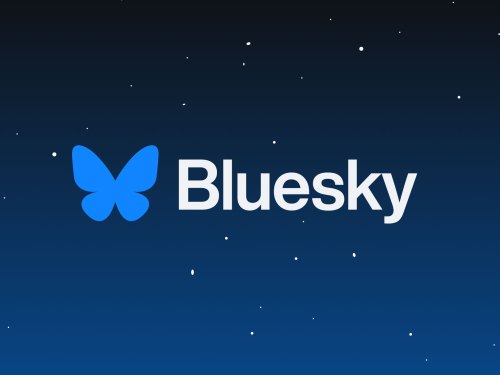Social networking startup Bluesky has decided to block access to its service in the state of Mississippi rather than comply with a new age assurance law. In a blog post published on Friday, the company explained that as a small team, it does not have the resources to make the substantial technical changes this type of law would require. It also raised concerns about the law’s broad scope and privacy implications.
Mississippi’s HB 1126 requires platforms to introduce age verification for all users before they can access social networks like Bluesky. On Thursday, U.S. Supreme Court justices decided to block an emergency appeal that would have prevented the law from going into effect as legal challenges play out in the courts. As a result, Bluesky had to decide what it would do about compliance.
Instead of requiring age verification only for access to age-restricted content, this law requires age verification of all users. That means Bluesky would have to verify every user’s age and obtain parental consent for anyone under 18. The company notes that the potential penalties for noncompliance are hefty, too—up to $10,000 per user.
Bluesky also stresses that the law goes beyond child safety as intended and would create significant barriers that limit free speech and disproportionately harm smaller platforms and emerging technologies. To comply, Bluesky would have to collect and store sensitive information from all its users, in addition to the detailed tracking of minors. This is different from how it is expected to comply with other age verification laws, like the U.K.’s Online Safety Act, which only requires age checks for certain content and features.
Mississippi’s law blocks anyone from using the site unless they provide their personal and sensitive information. The company stated that unlike tech giants with vast resources, it is a small team focused on building decentralized social technology that puts users in control. Age verification systems require substantial infrastructure and developer time investments, complex privacy protections, and ongoing compliance monitoring—costs that can easily overwhelm smaller providers. This dynamic entrenches existing big tech platforms while stifling the innovation and competition that benefits users.
The company notes that its decision only applies to the Bluesky app built on the AT Protocol. Other apps may approach the decision differently.

